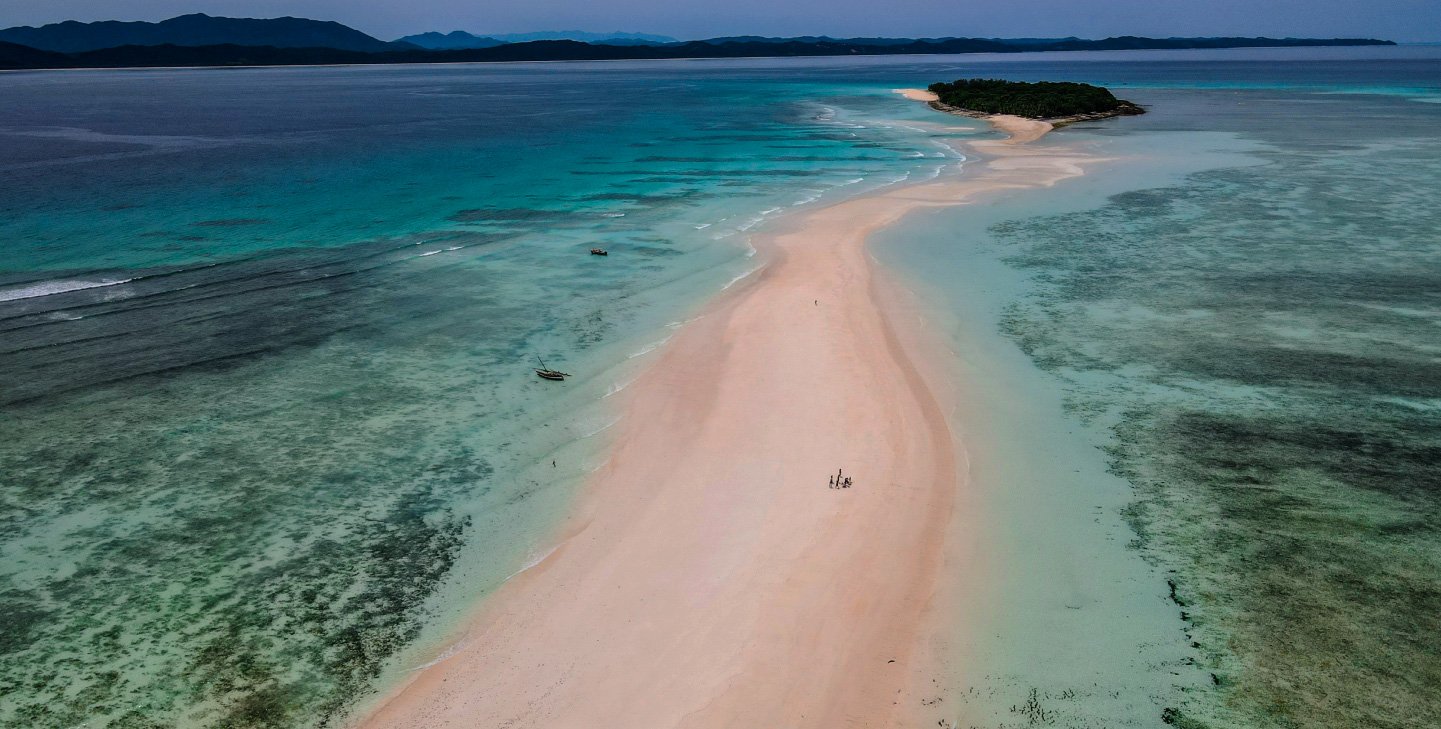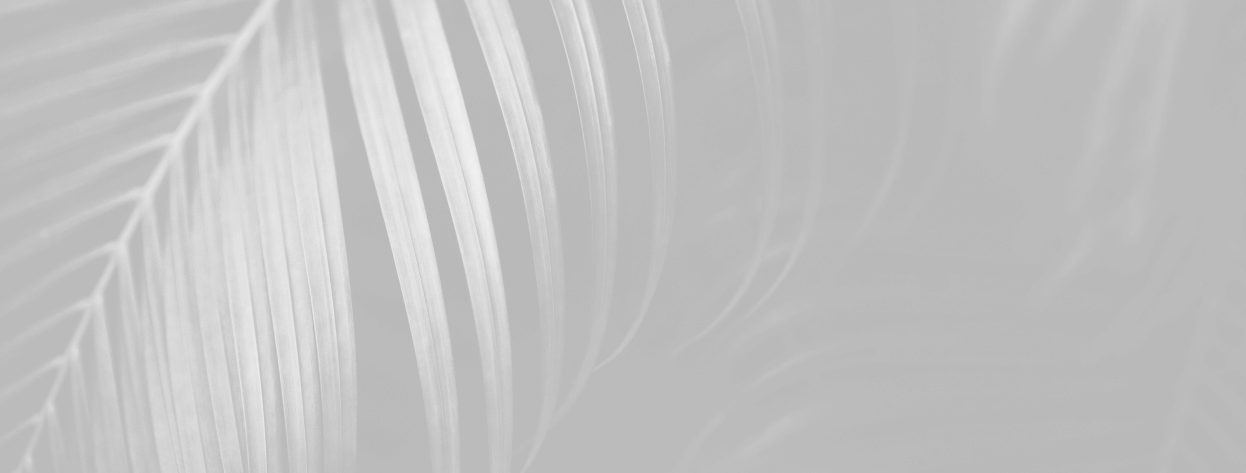Volunteer in Madagascar
Work towards conserving endangered lemurs.
Join us in Madagascar, an awe-inspiring biodiversity hotspot lying near Africa’s southeastern coast. Experience a distinctly diverse environment, and develop valuable conservation skills by living alongside some of the most exceptional creatures on the planet. Madagascar is called the 8th continent because of its amazing range of plants and animals. If you want to see its beauty first-hand, volunteering here is an awesome chance to do it!
If you’re looking to contribute to conservation and scientific research in one of the most biodiverse places on earth, volunteering in Madagascar is the perfect opportunity. You’ll be able to work on conservation projects that aim to preserve the country’s rare plants and animals in a sustainable way. Plus, you’ll work alongside local experts and other volunteers, so you’ll learn skills that you’ll never forget. Choosing to volunteer in Madagascar means you’ll be joining a global team of people who are working hard to make our planet more sustainable for the future.
Madagascar’s unique ecosystem
Get ready to delve into three species-rich ecosystems – rainforest, ocean, and tropical coast – in one location! Madagascar is an island country in the Indian Ocean, off the coast of East Africa across the Mozambique Channel. Madagascar is the world’s fourth largest island – stretching more than 1,600 kilometres from the northern to southern tip – and is surrounded by peripheral islands.
Madagascar has been geographically isolated from mainland Africa and Asia for over 80 million years, resulting in the emergence of numerous plant and animal species exclusive to this region – making it one of the world’s largest biodiversity hotspots. The plant and animal species found here are found nowhere else on Earth, and as a result they are both utterly unique and vulnerable. Conservation efforts here are fragile, but imperative.
Wildlife conservation volunteer opportunities in Madagascar
When you join a wildlife conservation volunteer in Madagascar you’ll assist with collecting data of local reptile, bird and mammal species, including:
- Black lemurs
- Hawks’ sportive lemurs
- Panther chameleons
- Dwarf chameleons
Our local wildlife conservation partner is Madagascar National Parks.
Filter programs
Contribute to sustainable conservation projects led by experts.
Use your unique skills and expertise to support conservation projects.
The adventure of a lifetime while making an impact with a group of like-minded teens.
Generate solutions to help solve conservation challenges through research projects.
Turn your passion into your profession with a three-month placement at an NGO.
Make the most of our unique programs with these exclusively curated local adventure and wellness experiences.
As a wildlife conservation volunteer in Madagascar, you will be based at our research station on the island of Nosy Be.
About Nosy Be
Nosy Be, pronounced NOSSY-BAY, is a volcanic island, off Madagascar’s northwestern coast. We are based on Nosy Be’s southeastern coast, in Lokobe, one of Madagascar’s national parks. This park holds many species that are not found anywhere else in the world, such as the Hawks’ sportive lemur, dwarf frogs and chameleons. Containing both marine and terrestrial areas, it’s host to an amazing diversity of species across a huge range of ecosystems.
Although the volcano hasn’t erupted in recorded history, it’s not considered extinct. The island has an estimated population of around 115,000 people, with the Sakalava people making up the majority of Malagasy residents and Sakalva Malagasy being the main dialect spoken on the island.
When you’re not volunteering on wildlife conservation projects or on base, the island offers a wide variety of adventures:
- Spot the lemur: Lokobe park’s most common sighting is the black lemur, and it is very common to be hiking through the park and see a dozen or so lemurs passing through or relaxing in the trees above.
- Hike: Trek to the highest peak of Lokobe National Park for some of the most spectacular ocean and island views in the world.
- Eat and drink: Nosy Be’s capital, Hell-Ville, is full of many bars, restaurants, hotels, and markets where volunteers can enjoy a drink and a meal.
- Waterfalls: Explore Nosy Be’s tranquil waterfalls, ideal for a refreshing swim and a quiet picnic.
- Sleepover: Trek, survey wildlife, and camp in Lokobe National Park, observing lemurs and chameleons under starlit skies.
- Snorkel and swim: Hop over the neighbouring island of Nosy Tanikely and spend the day diving in the coral wonderlands of Madagascar’s marine protected area.
About our research station in Nosy Be
Our base camp is built from sustainably and ethically sourced local materials, and is partially solar powered. It is a truly remarkable place to live. The forest surrounding our research station is home to Hawks’ sportive lemur, which can only be found here. There are only an estimated 100–200 individuals alive in the wild. We are very proud to be contributing to the conservation of this vital species refuge.
We have a diverse range of opportunities available for anyone looking to get involved in conservation efforts – including volunteering, internships, research fellowships and professional apprenticeships. Join us and make a real difference in the fight against habitat loss, illegal poaching, and other threats facing the unique wildlife of this country.
Wildlife conservation volunteering in Madagascar
Join us as a volunteer on a wildlife conservation volunteer program to protect endangered lemurs by counting populations, searching for rare species, and restoring their habitat by planting indigenous trees. You’ll go on day and night surveys to observe lemur behaviour and catch sight of rare and endangered species like the panther chameleon and tiny frogs and chameleons. Make a difference and have an unforgettable adventure!
Wildlife conservation internship in Madagascar
With our wildlife conservation internship you’ll gain invaluable experience and training opportunities, as well as four recognised qualifications to boost your career prospects. With exclusive access to protected species and unique ecosystems, this is a unique opportunity to learn wildlife conservation techniques while working to protect rare and critically endangered species. Through population census and biodiversity surveys, you’ll help gather data on threatened species and learn how conservationists manage issues such as deforestation and poaching.
Wildlife conservation research fellowship in Madagascar
On our wildlife research fellowship program you can complete your thesis or dissertation, and even publish your work. With academic supervision and access to exclusive data, you’ll get to conduct focused research on endangered species, attend cutting-edge science sessions, and contribute to a legacy of over 25 years of scientific conservation research. Along with international experience, you’ll gain four recognised qualifications, and a LinkedIn reference.
Wildlife conservation professional apprenticeship in Madagascar
With a guaranteed job offer upon completion, our six-month wildlife conservation professional apprenticeship is your chance to work on real-world conservation projects. The program includes three months of training, followed by three months in the field, and a career-readiness program designed to grow your leadership skills and build industry contacts.
Community development volunteering in Madagascar
We also offer the opportunity to work on several community development projects in Nosy Be. These projects are focused on:
- Teaching English
- Gender equality
Our wildlife conservation work in Madagascar includes data collection and analysis of indigenous reptile, bird and mammal species. We are specifically focused on lemurs and chameleons.
Lemur conservation in Madagascar
Our lemur volunteer programs in Madagascar are focused on:
- Species surveys: Lokobe has not been fully surveyed since 1993. Over the past 30 years, like all other forest systems, Lokobe has been vulnerable to illegal logging, bushmeat trapping and human settlement encroachment.
- Density studies: We will attempt to undertake a population assessment of the black lemur throughout Lokobe and the adjacent locally-managed conservation area, with the aim of quantifying the population of this endemic species.
Who can volunteer in Madagascar?
Anyone can!
Whether you’re thinking of a gap year abroad, or want to contribute to conservation work while studying, looking for a career-making summer internship, or simply keen to take a career break and give back, our wildlife conservation volunteer programs in Madagascar are right for you!
For more information, enquire or apply!
Who qualifies as a volunteer in Madagascar?
Our Madagascar wildlife conservation volunteer programs require that you be 18 years or older, but we do offer teen volunteer programs for 15–17 year olds in other amazing locations around the world!
Is it safe?
Extremely safe. We take every precaution to make sure our participants can live and work safely, no matter where they are in the world. We have trained support staff on hand 24 hours a day to ensure that all participants across all our programs are well taken care of.
Read more about our health and safety protocols.
You can speak directly to one of our enrolment officers or alumni, who can answer any and all questions you might have about life in Madagascar.
Is volunteering in Madagascar ethical?
Across all our work, our actions are guided by local organisations with roots in the community. Our conservation work is monitored according to robust impact, sustainability and ethical standards.
We have a strict animal handling and ethical conservation policy.
Additionally, all GVI programs and staff are governed by our ten ethical principles and five human empowerment principles and our actions against oppression. Our badge of ethics reflects our pledge to continuously reflect on and improve our policies and practices.
GVI is a British Standards 8848 compliant provider.
Who will I work with?
You will work alongside GVI volunteers of all ages, from all over the world. This is an opportunity to meet people from a range of backgrounds. Our international team of GVI staff will be at every location to guide volunteers throughout their time on our programs.



















